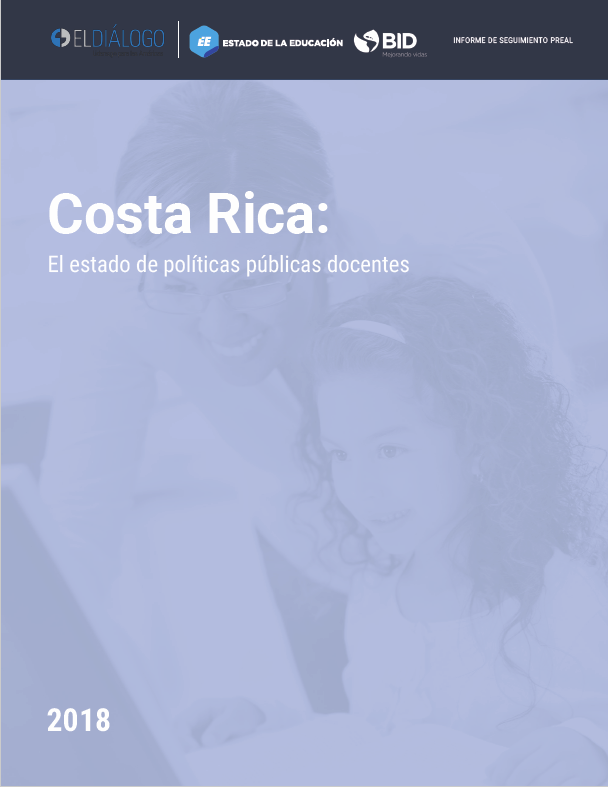Protecting Latin America’s Poor During Economic Crises
History tells us that economic crises cause large increases in poverty. The most recent economic crisis will cause Latin America’s GDP to contract around 2 percent in 2009.
This post is also available in: Español
In countries with highly developed education systems, the review and revision of teacher policies has been a basic component of the strategies to promote education quality. The role of teachers is fundamental to generating an impact on the student population and building an educational system of quality and equity.
In the past fifteen years, the Costa Rican education system has enacted important efforts in areas such as curricular reforms, better training and salary increases for in-service teachers, investments in infrastructure, support for vulnerable student populations and increases in teacher accreditation. These initiatives have borne relevant fruits, such as the increase in coverage and attendance at the pre-primary, primary and secondary levels. Costa Rica has the necessary scaffolding to achieve and substantive improvement in student learning. However, there are actions and linkages remaining to achieve this qualitative jump.
This report (available in Spanish) from the Inter-American Dialogue and the program Estado de la Educación presents the principal advances and challenges in Costa Rican education and focuses on the current state of teacher policy in the country. Finally, it argues for a series of recommendation to tackle the challenges identified.

The Inter-American Dialogue leads a project that seeks to strengthen civil society’s support of improving teacher policies in Latin America. The aim is to stimulate debate and help to build the necessary consensus for governments in the region to adopt effective teacher policies.
The first phase of the project (2013-2015) focused on teacher policies in El Salvador, Guatemala, Honduras, and the Dominican Republic. The second phase (2016-2018) is focused on teacher policies in Argentina, Costa Rica, Panama and Peru, and includes an analysis of lessons for Latin America from the educational system in Shanghai, China.
History tells us that economic crises cause large increases in poverty. The most recent economic crisis will cause Latin America’s GDP to contract around 2 percent in 2009.
The goal of education is to promote learning. Sitting in classrooms is a weak proxy for knowing how to read, do math, and apply science. Latin America needs to worry less about schooling and more about learning.
In 2009, some countries in Latin America and the Caribbean improved their PISA performance, but all ranked in the bottom third in all subjects tested.

